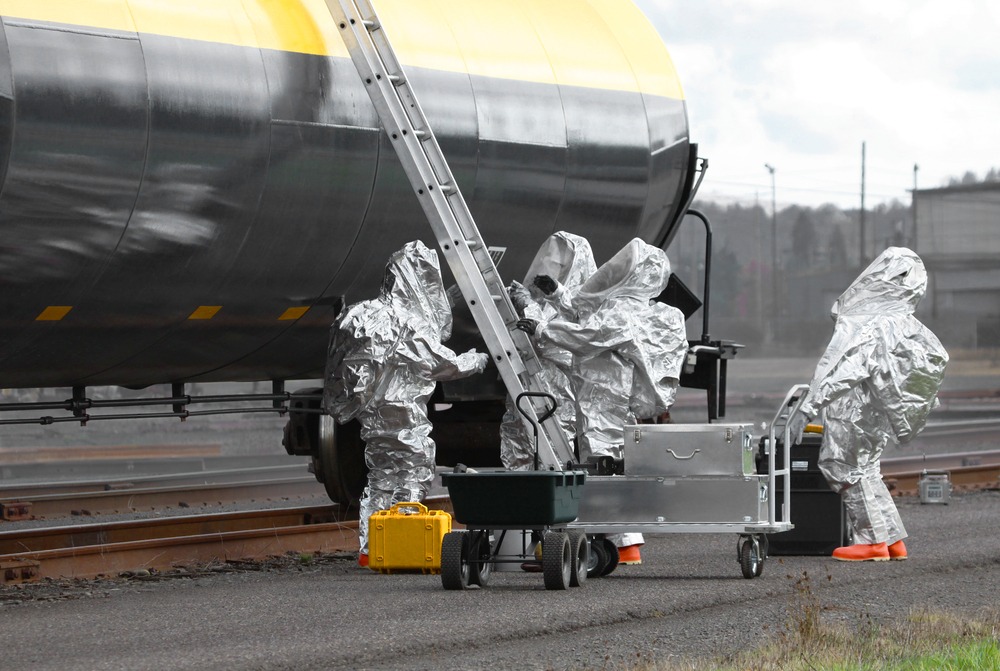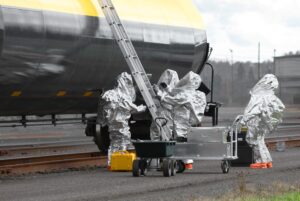BLOG
Chemical Safety Board Chairperson warns about hot work on tanks containing biological or organic material [US]
- #Gas
- #Health & Safety
- #Products

On August 26, 2014 the Chemical Safety Board’s (CSB) Chairperson, Doctor Rafael Moure-Eraso, warned about the danger of hot work…
On August 26, 2014 the Chemical Safety Board’s (CSB) Chairperson, Doctor Rafael Moure-Eraso, warned about the danger of hot work on tanks containing biological or organic material. Hot work dangers are not limited to the oil, gas, and chemical sectors, although flammability hazards are commonplace in those industries. Dr. Moure-Eraso urges all companies to ensure that there are adequate hot work safety practices.
In response to an investigation of a July 28, 2014 tank explosion, the CSB issued a warning about the danger of hot work on tanks containing biological or organic material. The July 28, 2014 explosion occurred during hot work on or near a tank containing eight inches of a slurry of water and fish matter called “stickwater.” The stickwater was originally thought to be non-hazardous, and no combustible gas testing was done on the contents of the tank prior to the hot work. Subsequent testing showed that the stickwater had signs of microbial activity, including volatile fatty acids and offgassing of flammable methane and hydrogen sulfide.
The CSB states that the explosion highlights the importance of hot work planning, hazard evaluation, and procedures for all storage tanks, regardless of whether flammable material is expected to be present. The July 28, 2014 explosion was only the latest of three hot work incidents involving hot work on tanks containing biological or organic material. An explosion in 2008 resulted from hot work in a tank containing a slurry of pulp fiber waste and water, which contained hydrogen-producing bacteria. Another explosion in 2009 occurred while a welding contractor repaired a water clarifier tank which held water and waste from potato washing. The water and organic waste built up beneath the base of the tank and decayed through microbial action, producing a flammable gas.
The CSB urges all companies to implement hot work safety practices, including conducting combustible gas monitoring when planning for welding or other hot work on or near all storage tanks or adjacent spaces – not just on tanks known to contain flammable materials. The CSB notes that the National Fire Protection Association, the American Petroleum Institute, FM Global, and other safety organizations recommend combustible gas testing.
Red-on-line EHS Legal Counsel
Sources : CSB Chairperson Moure-Eraso Warns About Danger of Hot Work on Tanks Containing Biological or Organic Material, August 26, 2014
